SusTunTech actively seeks to be aware and contribute to good practices that increases fisheries sustainability. Among these activities are the workshops and seminar organized by certification agencies to improve their standards implementations and applications. One of the most widely used sustainability certifications in fisheries is provided by MSC. MSC hold this week a webinar with interactive sessions to present and discuss the current revision of their standards. The current standards revision can be accessed in:
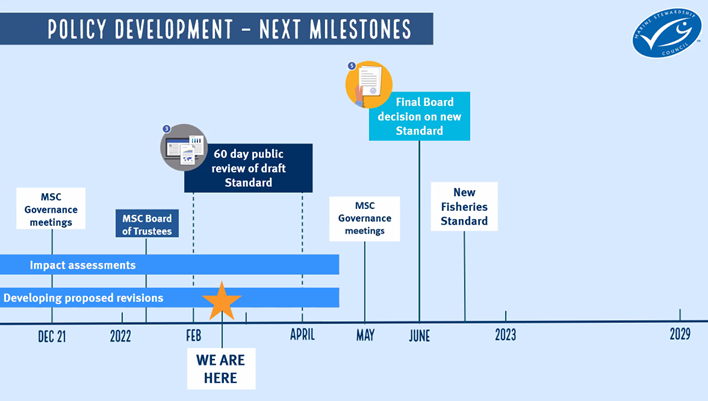
The standard review addresses the fisheries certification process and the scope of the program with five aims. The five aims are: 1) incorporate improved scientific understanding and fishery management practice; 2) enhance program credibility and legitimacy; 3) reduce standard complexity; 4) Increase standard applicability and accessibility; and, 5) Improve data collection. The current proposed changes to the standards are: 1) Clearer and more consistent assessment of habitats and ecosystems; 2) Improvements to Risk-Based Framework; and, 3) Minimising lost and discarded fishing gear.
The webinar also presented the work to prevent shark finning, address issues in resolving conditions of certification on multi-jurisdictional fisheries harvesting, and strengthen the requirements for evidence information, consistency, and transparency.
A representative of SusTunTech had the opportunity to ask if the review will consider the carbon footprint of fisheries products. It was among the five most voted questions by other webinar attendees. One MSC speaker kindly responded that this review is not considering this since it was not identified in the review of current standards. Indeed, it is something new to consider that goes beyond a review of current standards. But, it is in MSC radar and planning to start considering in the next two years.
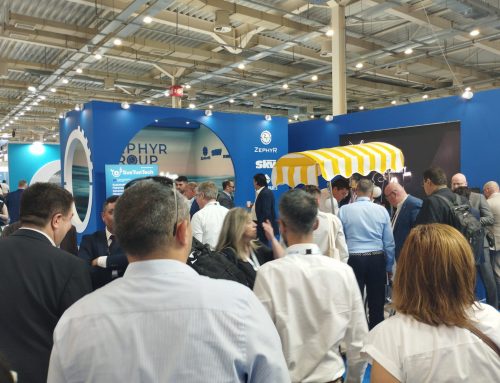
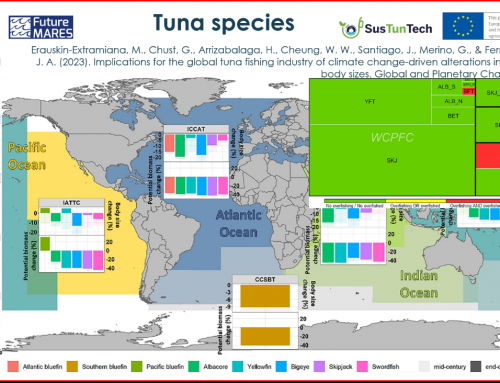
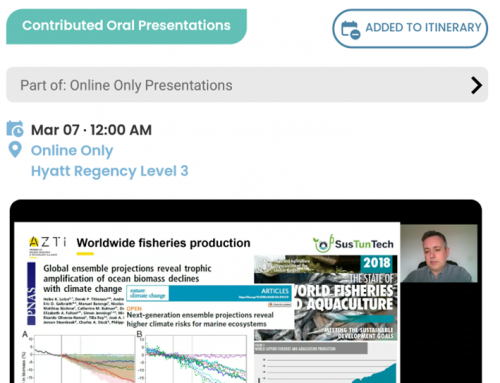
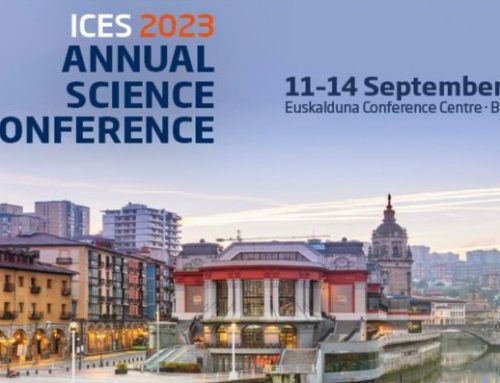
Leave A Comment